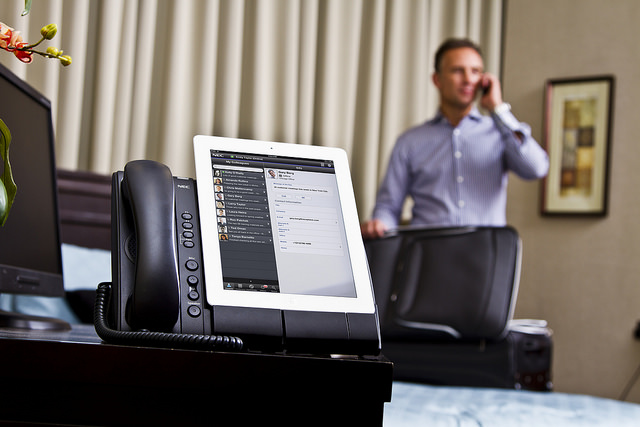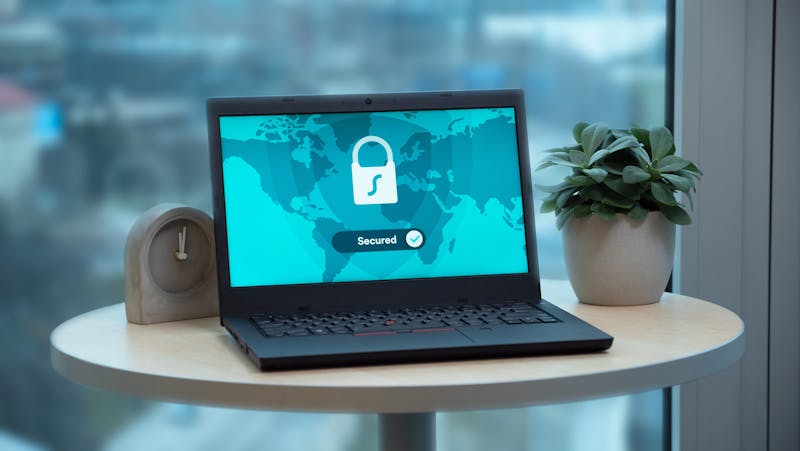What is the future of working for South West Businesses?
In the last decade whole industries, job types and career paths have been disrupted by the increasing use of information technology, none more so than in enterprise zones and technology hubs like Bristol in the South West and Cardiff in Wales. While the shifts may have seemed dramatic, they are nothing as to coming changes shaping the future of work. The use of IT, changes in the nature of working and other factors will see work methods and patterns becoming more flexible and radical, this, in turn, will have a knock on to the kind of computer support services needed.
How has the nature of working already changed?
Knowledge workers, sales and marketing, and product builders have already seen major changes in their fields. The arrival of cloud computing, remote working and BYOD have moved them out of the office to work from home, at clients, on the road and across the planet. The notebook was once their office on the go, but that is rapidly being replaced by larger smartphones or tablets. While they used to have to carry around multiple smartphones or other devices, and chargers plus extra leads, the rise of BYOD and virtualization means a single device can now be split between office and personal use, with company data stored securely and easily wiped if the device is ever lost or stolen.
How will working become more flexible?
In the future, this distinction between information on devices will continue to splinter further. A growing number of people will have more than one job and will be able to find new work through their phone or computer in minutes, not days or weeks. The rise of the gig economy will see people bidding for or hired due to their specific skills, with offers of permanent or freelance roles made instantly via e-contracts.
The information or data they need for a job can be provided instantly in the cloud and people can work for a number of clients, and be able to see all the data relevant to one job instantly. People will communicate through the most effective means at any given time, through any of the services available including voice, text, VoIP, chat or instant messaging. Personas will allow people to work multiple jobs and be billed accurately to the minute or hour worked, per word or other contribution, all online and without resorting to digging out bank details, thanks to services like PayPal or future Bitcoin or blockchain-based transaction services.
How does this impact on our daily lives?
The practical impact of this will be more flexible working days and hours, with people choosing when to work, and who to work for. Those with sufficient skills will be applying for jobs with American, Asian and employers from any country, with little regard for borders, visas or qualifications. This change will also impact traditional recruitment agencies who will become more proactive in tracing people who can do a job immediately or for the right price, over the traditional search-interview-and-hire process.
As working practices change, the environment will too. Many people who work from home report a sense of isolation and trouble focusing. More social coworking spaces will open up for remote workers, allowing them to socialise, integrate and discuss their work. Coffee shops will swap out some of their round tables for more office-like ones to encourage regular workers, and perhaps even open up quiet zones. When it comes to working on the go, trains and more airlines are already offering Wi-Fi services, of dubious quality. Expect these connections to improve as working in transit becomes a priority for travelling workers.
What kind of role will IT play in future?
Back at any headquarters supporting this type of workforce, IT flexibility, redundancy and security will be key. The company will want only pertinent information provided to any worker, locks on databases and spreadsheets or content management systems will become more flexible and focused. Companies will also benefit from increased use of technology when it comes to changing or automating some roles entirely. Smart chatbots are now able to understand natural human language and converse with customers. These AI systems will appear on devices, in applications or on a website, and will be tailored to help the person find the quickest or most appropriate response.
Outside the office, the Internet of Things will replace a range of jobs that require customer visits or help improve customer service for many types of business or service. Smart electrical meters, currently a niche item, will report home the latest readings. Stores and fast-food outlets will benefit from automatic ordering on a growing number of devices, like smart fridges.
In cities such as Bristol which is investing millions into its smart city project, monitoring cameras in bus stops will let the provider company know if there are excessive queues and enable them to divert other vehicles. Cameras and smart car parking signage will guide drivers to a free space, while those same cameras will use AI to identify and track suspicious people and help the authorities reduce crime and possibly help prevent terrorism.
All of this technology requires intensive use of cloud services and infrastructure-as-a-service to drive the services, which will be available at low-cost for any company that needs it. All of which will create new categories of job and require new levels of IT support.







